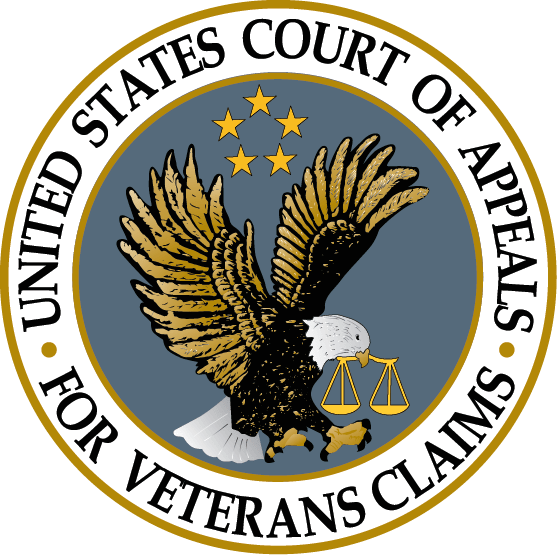
Military criminal charges
Anyone with military experience knows that the time you spend in the service will have lasting significance for the rest of your life, no matter how long or short it is. And for many, military service is more than just a phase of life – it’s a career. Criminal charges can ruin an otherwise distinguished record of dedication and sacrifice, as well as threatening careers and livelihoods.
As with civilian criminal trials, having an experienced and competent attorney on your side is crucial. But it’s also essential to have one that is well-versed in the nuances of military law. If you or a loved one face criminal charges at one of the many military bases throughout San Antonio, you’ve come to the right place.
How is military criminal law different?
Unlike civilian criminal cases, where the laws and proceedings will vary according to state and federal regulations, military criminal cases are governed by one document, whether they are in San Antonio or on a far-flung base in the Pacific. That document is the Uniform Code of Military Justice or UCMJ. There are some critical differences between the UCMJ and the conventions of civilian trials.
For example, a conviction in civilian court requires a unanimous decision from a jury of peers. The UCMJ, however, only requires a unanimous decision to pass a sentence of the death penalty – and in many cases, the jury will be made up of officers who outrank the accused. These and other differences call for legal counsel that is familiar with the many nuances of the UCMJ.
Categories of military crime
Broadly speaking, any activity that would be considered criminal in a civilian context will also be illegal in the military. And within the major categories of criminal activity, some offenses are more serious than others. More serious offenses will go to criminal trial (or court-martial) within the military, whereas relatively minor ones may just be resolved by administrative action.
Here are some of the categories of military criminal law –
- Violent crimes – These can range from aggravated assault to murder. Violent crime tends to be aggressively prosecuted in the military; most cases will likely go to court-martial. Having a fierce advocate on your side is vital in these cases.
- Article 120 offenses – These are sexual offenses ranging from indecent exposure to sexual assault to rape. Like violent offenses, Article 120 offenses are taken very seriously, and a conviction can have lifelong consequences.
- Drug use – The use or possession of controlled substances will be handled by administrative action in many cases. On the other hand, distribution is more serious and will typically go to court-martial, even if no money changes hands.
- Larceny can include all types of theft, whether material or financial, grand theft, or petty. It can also include the lesser offense of “wrongful appropriation.”
- Desertion – Like drug use, many cases of desertion are relatively minor and handled through administrative action. However, a more serious offense is desertion in time of war or otherwise escape hazardous duty, and this will often go to court-martial.
Stephen Brodsky for San Antonio
San Antonio is sometimes nicknamed the “Military City” of the United States. And with good reason: five different bases are located in or around the city. In a sense, you could say that military law plays just as big a role in this community as civilian law does. With over 25 years of experience in criminal defense in both types of legal systems, Stephen Brodsky is proud to offer his expertise to the men and women who serve here.
Criminal charges are intimidating to face at the best of times, but they can be incredibly daunting in the military. With my experience and fierce advocacy on your side, however, you can rest assured you’ll get the best result possible.




